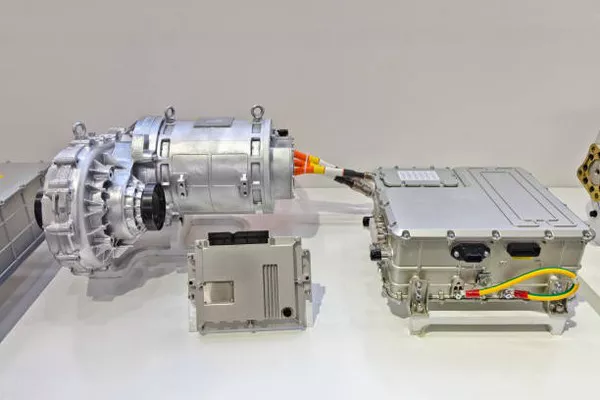In an era where power outages can disrupt daily life and compromise the safety and comfort of our homes, whole house generators have become an increasingly popular solution. These backup power systems provide a reliable source of electricity during blackouts, ensuring that essential appliances and systems continue to function seamlessly. However, before investing in a whole house generator, it’s essential to understand the factors that influence their cost. In this article, we’ll explore the various elements that contribute to the price of a whole house generator and provide insights to help homeowners make informed decisions.
Generator Size and Capacity:
One of the primary factors influencing the cost of a whole house generator is its size and capacity. Generators are rated in kilowatts (kW), representing the amount of power they can produce. The larger the generator, the higher its capacity to support more appliances and systems simultaneously. The size of the generator you need depends on the square footage of your home, the number of appliances you want to power during an outage, and any specific requirements such as medical equipment.
Small generators, typically ranging from 8kW to 20kW, are suitable for smaller homes and can power essential appliances such as refrigerators, lights, and heating systems. Medium-sized generators, ranging from 20kW to 45kW, can handle larger homes and additional appliances, including air conditioning units. For large homes with extensive power needs, generators exceeding 45kW may be necessary. As generator capacity increases, so does the cost, making it crucial to carefully assess your specific requirements and budget constraints.
Fuel Type:
Whole house generators are available in various fuel types, each with its own set of advantages and costs. The most common fuel options include natural gas, propane, and diesel. Natural gas is a convenient and cost-effective option for homes with an existing gas line. Propane generators offer flexibility as they can be installed in areas without access to natural gas. Diesel generators are known for their durability and efficiency but may incur higher fuel costs.
The availability and cost of the chosen fuel type in your area can significantly impact the overall expense of operating a whole house generator. Additionally, installation and maintenance costs may vary depending on the fuel type selected. It is advisable to consult with a professional to determine the most cost-effective and suitable fuel option for your specific circumstances.
Installation Costs:
The installation process of a whole house generator involves various steps, including site preparation, electrical connections, and obtaining necessary permits. Installation costs can vary based on factors such as the complexity of the installation, local building codes, and the need for additional equipment, such as transfer switches and concrete pads.
Professional installation is essential to ensure the proper functioning and safety of the generator. Hiring a licensed and experienced electrician or generator installer may add to the upfront costs, but it guarantees a reliable and compliant installation. Obtaining multiple quotes from reputable professionals can help homeowners make cost-effective decisions while ensuring the longevity and efficiency of their generator system.
Automatic Transfer Switch:
An automatic transfer switch (ATS) is a critical component of a whole house generator system. It automatically detects a power outage and switches the electrical load from the grid to the generator, ensuring a seamless transition of power. The cost of the ATS is influenced by its amperage capacity, with larger switches accommodating higher electrical loads.
While manual transfer switches are available at a lower cost, automatic transfer switches are more convenient and provide uninterrupted power during outages. Investing in a reliable and appropriately sized ATS is crucial for the efficient operation of a whole house generator, adding to the overall cost of the system.
Warranty and Maintenance:
Consideration of the warranty and maintenance costs is vital when evaluating the overall expense of a whole house generator. Quality generators from reputable manufacturers often come with longer warranties, providing peace of mind and protection against unexpected malfunctions. Additionally, regular maintenance is essential to ensure the generator’s longevity and optimal performance.
Maintenance costs may include services such as oil changes, filter replacements, and inspections. Some manufacturers offer maintenance plans or packages that can help homeowners budget for ongoing upkeep. While these plans may add to the initial cost, they can ultimately save money by preventing costly repairs and extending the lifespan of the generator.
Conclusion:
In conclusion, the cost of a whole house generator is influenced by various factors, including the generator size, fuel type, installation costs, automatic transfer switch, and warranty and maintenance considerations. Homeowners must carefully assess their specific needs, budget constraints, and local conditions to make informed decisions about the most suitable generator for their homes.
Investing in a whole house generator is a significant decision that can enhance the resilience and functionality of a home during power outages. By understanding the factors that contribute to the cost of these systems, homeowners can make informed choices that align with their priorities and provide long-term peace of mind. Ultimately, the investment in a whole house generator is an investment in the safety, comfort, and convenience of home life, making it a valuable addition for many households.

